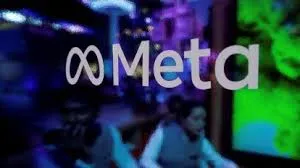
Meta Stops Fact-Checking Programs in the US: Analyzing the Impact on Misinformation and Public Trust
Meta Platforms has announced the termination of its third-party fact-checking program in the United States, effective immediately. This initiative, which involved collaborations with organizations like PolitiFact, was established to mitigate the spread of misinformation on platforms such as Facebook, Instagram, and Threads.
In place of the fact-checking program, Meta plans to implement a “Community Notes” system, inspired by a similar feature on Elon Musk’s platform, X (formerly Twitter). This system empowers users to identify and provide context for potentially misleading content, thereby shifting the responsibility of content moderation from professional fact-checkers to the broader user community.
CEO Mark Zuckerberg stated that this transition aims to enhance free expression and reduce perceived censorship on Meta’s platforms. He emphasized that the company will now focus on removing only illegal content and high-severity violations, while allowing more open discussion on mainstream topics.
This policy shift has elicited mixed reactions. Supporters argue that it promotes free speech and reduces bias in content moderation. Critics, however, express concerns that the absence of professional fact-checkers may lead to an increase in misinformation and harmful content. The European Fact-Checking Standards Network (EFCSN) has expressed disappointment over Meta’s decision, urging the European Union to maintain its efforts against misinformation.
It’s noteworthy that this change currently applies only to Meta’s U.S. operations. The company intends to maintain its fact-checking partnerships in other regions, such as the European Union, to comply with local regulations like the Digital Services Act.
For a visual report on this development, you can watch the following video: